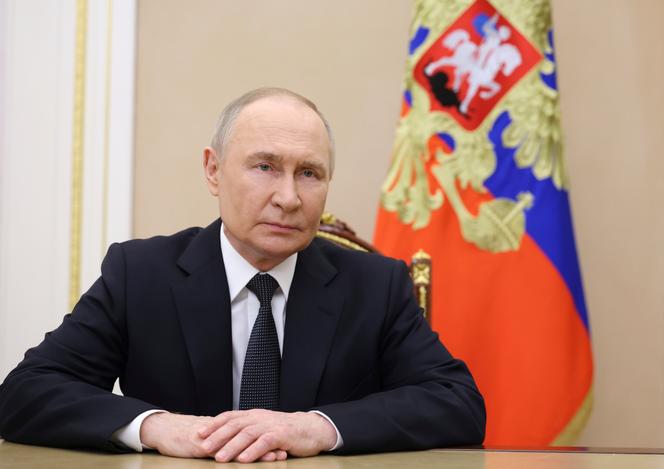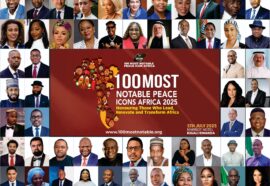


Entertainment
View All
“May the Lord make you great and extraordinary, and may He help you accomplish extraordinary things.” — Dr. Paul Gitwaza
Apostle Dr. Paul Muhirwa Gitwaza shared a message with his followers, praying for them to receive blessings and to be used by God in extraordinary ways. On the morning of …
Food
View All
Cassava Is Good for Health
Cassava is a root vegetable that is eaten in many parts of the world, especially in Africa, Asia, and South America. It is also known as yuca, manioc, or tapioca …
Latest Posts
View All
“May the Lord make you great and extraordinary, and may He help you accomplish extraordinary things.” — Dr. Paul Gitwaza
Apostle Dr. Paul Muhirwa Gitwaza shared a message with his followers, praying for them to receive blessings and to be used by God in extraordinary ways. On the morning of …
News
View All
“May the Lord make you great and extraordinary, and may He help you accomplish extraordinary things.” — Dr. Paul Gitwaza
Apostle Dr. Paul Muhirwa Gitwaza shared a message with his followers, praying for them to receive blessings and to be used by God in extraordinary ways. On the morning of …










